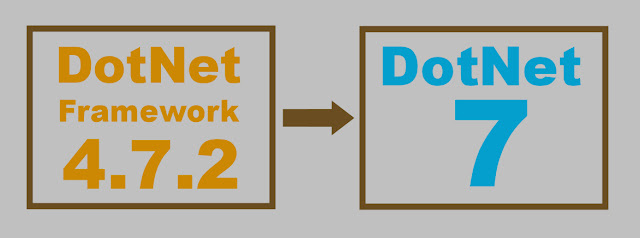So today I started encountering a very weird audio issue: When I play music,
it sounds normal in the beginning, but then after about a second the sound
gets distorted, as if it is muffled, or as if it is undergoing severe lossy
compression. If I stop and resume the music, it goes through the same.
Normally I would know what to do in this situation, but as the years pass
Microsoft keeps changing Windows, in the direction of making them dumber and
dumber, so in Windows 10 I cannot find the old sound options dialog that I
used to use to fix this problem.
Looking around the interwebz for a solution was not easy, so I decided to
document the solution that I found. If you are a power user, you can
skim through the text and only look at the words in bold-italics.
-
Type Win+R and type mmsys.cpl. This will bring up the good old sound options, which Microsoft recently
made inaccessible by any means other than this magical incantation, because
obviously, nobody should ever want to fix any sound problems, because
obviously, Windows has no sound problems.
-
In the Playback tab, locate your Speakers. If you are playing music at that moment, they are easy to locate from the
live volume meter right next to them.
-
Select Properties on your speakers. (Not Configure, but
Properties.) This should open a
Speakers Properties dialog.
-
On the Speaker Properties dialog, select the
Advanced tab.
-
Near the bottom of the Advanced tab there is an
Enable Fucked Up Sound checkbox, which is actually labelled Enable Enhancements. (Euphemism has always been Microsoft's forte.)
-
Uncheck that checkbox; you are done.
Afterword
I probably started experiencing this problem right after pairing a new
bluetooth sound device. Apparently when Windows detects a new sound device it
sets some things up for it, and while doing that it entirely arbitrarily also
goes and resets some settings for existing devices, e.g. it enables this
"Enhancements" setting for my existing speakers.












